Below are articles from members of the Post-Colonialisms Today community. For members of the press, please find here our press kit with resources.
ROAPE review of “Lessons to Africa from Africa” publication
by Ray Bush
African studies scholar Ray Bush published a review of PCT’s special issue of Africa Development in the renowned Review of African Political Economy (ROAPE). Bush emphasizes the collection’s relevance in understanding the constraints and opportunities for radical African transformation in the 21st century, as well as the importance of PCT as a political endeavor.
African Resource Sovereignty: Development or Environmental Vandalism?
with contributions from Post-Colonialisms Today
This issue of New Agenda (from the Institute for African Alternatives) features contributions from Post-Colonialisms Today on primary commodity export-dependence, and contemporary policy struggles around the Africa Mining Vision and Post-Cotonou Agreement.
A history of resource plunder
by Tetteh Hormeku-Ajei and Camden Goetz
This article explores the history of colonial rule and control over Africa’s natural resources, and its long lasting impact on Africa’s economies. They expand on the clarity that early post-independence governments had around the correlation between national sovereignty and having control over their own natural resources.
Food and the struggle for Africa's sovereignty
by Jihen Chandoul
Shedding light on the struggle for food sovereignty in Africa and its link to national sovereignty, Chandoul explains the importance of reflecting on the continent’s early post-independence movements for self sufficiency, and applies this lens to contemporary struggles for food justice.
Feminism, sovereignty, and the pan-African project
An interview with Sara Salem by Anita Nayar
This interview between Salem and Nayar provides insight on internationalist conceptions of sovereignty in early post-independence Africa, and how feminists on the continent shaped these ideologies. They further explain the importance of reflecting back on this period to better understand how to tackle developmental issues in Africa today.
Women's liberation and media in post-independence Tanzania
An interview with Fatma Alloo by Heba M. Khalil
This interview explores the role of the media in the fight for women’s liberation in early post-independence Africa. Alloo shares insight on how women used the media and cultural spaces to enact change through organizing and challenging gender norms.
Unfinished liberatory agendas
A conversation between Akua O. Britwum and Amina Mama
A conversation between Britwum and Mama exploresNkrumah and Nyerere’s visions for post-independence Africa, including their approach to gender politics. They highlight the crucial role of women in the fight for sovereignty in early post-independence Africa, and share the importance of revisiting African feminists in today’s fight towards women’s liberation.
Dismantling and transcending colonialism's legacy
by Jimi O. Adesina
Exploring Nkrumah, Senghor, and Nyerere’s awareness on the impact of European epistemology, this article discusses the leader’s recognition of the need to go beyond “flag independence” in the struggle for sovereignty. The author highlights the importance of an African-centered viewpoint as the colonial legacy left behind in Africa continues to be challenged today.
Lessons from Africa's past to cope with COVID-19
by Omar Ghannam, Kareem Megahed, and Tetteh Hormeku-Ajei
The onset of the COVID-19 pandemic has further exacerbated the structural inequality that exists in Africa today. This article explores how the pandemic can be managed by reflecting on the early post-independence era in Africa, and adopting the lessons learned from their development projects.
Reclaiming Africa’s early post-independence history
by Adebayo Olukoshi, Tetteh Hormeku-Ajei, Aishu Balaji, and Anita Nayar
This article introduces the Post-Colonialisms Today series Reclaiming Africa’s Early Post-Independence History, published in Africa is a Country, which shares lessons from early post-independence Africa to address contemporary development challenges.











